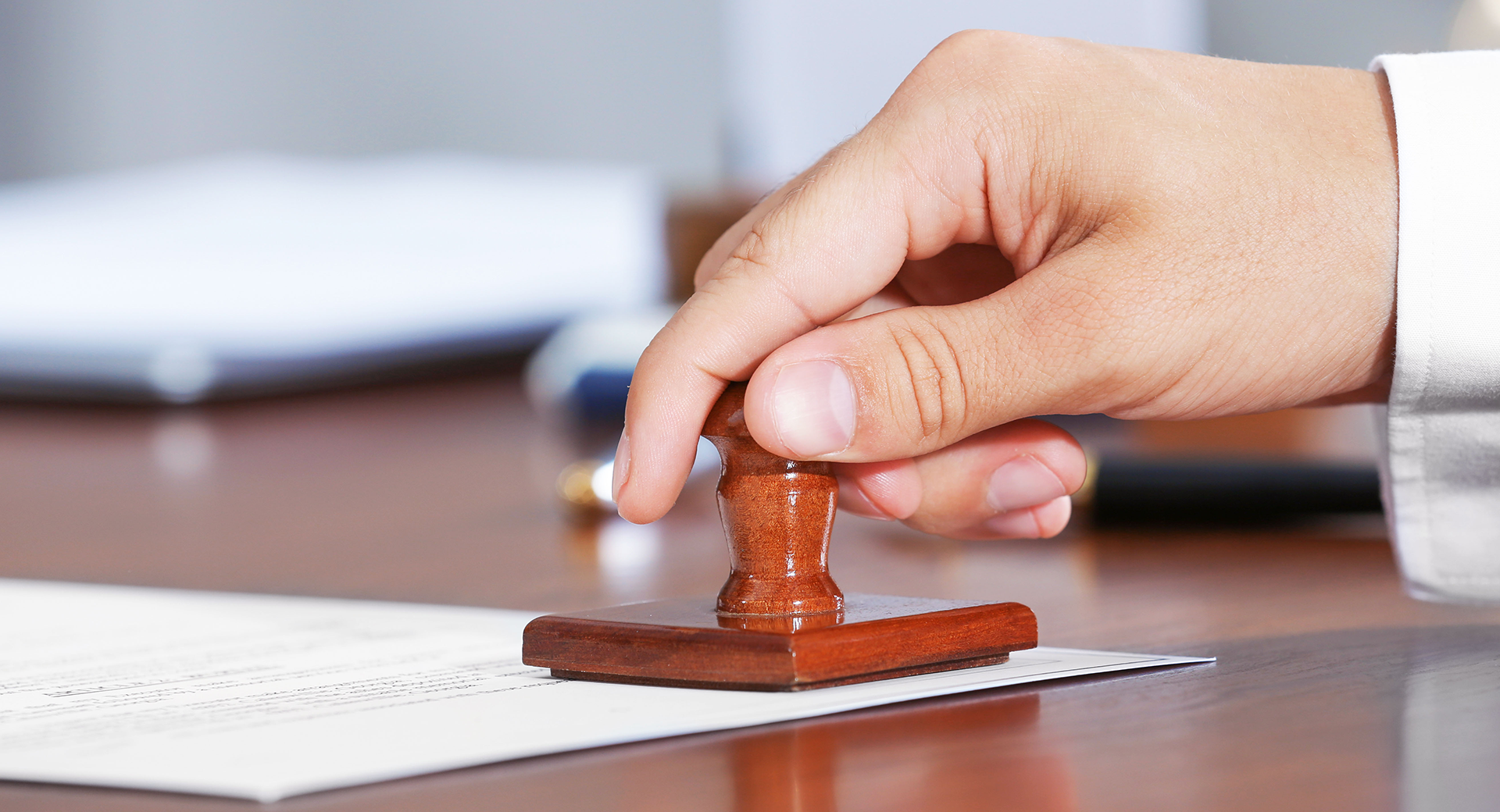Step-by- Step Guide to the Probate Process
Hibu Websites • February 7, 2022
Probate is not required in the State of Florida. It is vital to understand proper “probate avoidance planning,” along with all of the lengthy, costly, and potentially unnecessary steps involved with the probate process as you prepare your estate plan. Here is a step-by-step guide to the probate process, which can be avoided in Florida.

What is probate?
Probate is the legal process in which a person's will, trust, or the Florida Statutes shall be
followed in the adjudication of remaining assets of the estate (which are otherwise unable to be
acquired without a court order), along with the noticing and adjudication of remaining debts of
the estate.
Steps of Probate
1. Meet with an estate attorney
The first step after the passing of a loved one is to meet with an estate attorney and gather the
necessary documentation to present to the probate court (if necessary.) This includes the death
certificate, will/trust, financial statements, and property deeds.
2. Petition
Once the proper documentation is gathered, the lawyer will present these documents to the
probate court, officially beginning probate. The lawyer must submit these documents to the
county where the deceased resided. The probate court will determine the will’s validity and open
the estate during this time. If the will is valid, the executor is given authority to handle the
estate.
3. Notify beneficiaries and creditors
Once the estate has been opened, it is the executor’s responsibility to formally notify any
beneficiaries that the estate is open. The executor will also inform any known creditors about the
opening of the estate. This may include credit card companies, banks, or mortgage lenders. Upon
publishing, creditors have three months to make a claim with the estate. The executor shall list
known creditors and present their claims to the court.
4. Establish an estate bank account
Establishing and maintaining the estate bank account is a primary responsibility. All funds shall
be placed in this account and held until valid creditor claims and expenses are paid.
5. Inventory the estate
After creating the estate bank account, an inventory of the entire “probatable” estate is required.
This can include real property like homes or timeshares, bank accounts, stocks, vehicles, and
other assets. The value is presented to the court.
6. Pay debts and expenses
After the three-month creditor period in which creditors may file a claim, funds in the estate
bank account are used to pay off or reimburse proper claims, as well as bills or expenses. These
could include utility bills and home maintenance expenses for a property owned by the deceased
during probate, plus court and attorney fees.
7. Asset division
Once debts are satisfied, the remaining estate account assets can be distributed to beneficiaries
pursuant to Florida law.
8. Petition of discharge
After debts are paid and assets divided, the probate attorney will present necessary documents to
the court to show that the estate was handled legally and properly. If the probate court is
satisfied, a discharge petition will be signed, officially ending the probate process.
Jason D. Berger, P.A.: Treasure Coast probate attorney
While the probate process can be avoided in Florida, the Law Office of Jason D. Berger, P.A.,
can certainly assist your family with probate matters. Call us at 772-403-5880 or request an
appointment to get started.

Intestate line of succession Chapter 732, Part 1 of the Florida Statutes, codifies intestate succession, spelling out various inheritance scenarios if someone were to pass away without a will. It is important to note that only property without a named beneficiary/TOD/POD nor a named co-owner would fall under intestate succession. The "probatable assets"/estate would be divided in the following succession according to the Florida Statutes. Surviving spouse If all of your children are from the same marriage, or you are married without children, your spouse will inherit 100% of your "probatable assets"/estate. If you have children from a previous relationship or marriage, your spouse will receive 50% of the "probatable assets"/ estate, and your children would divide the other 50% of the "probatable assets"/ estate. Surviving exspouses are not entitled to inherit any estate assets, absent a legal agreement/court-ordered agreement to the contrary. Children Your children split your estate evenly if you were not married at the time of death. If one of your children passed away but has surviving children, your grandchildren would receive that child's share in the "probatable assets"/ estate. Adoptive and biological children have the same rights according to intestacy laws. Parents If you pass away without a surviving spouse or children, your "probatable assets"/ estate will go to your parents or grandparents. Siblings, nieces, and nephews If you have no spouse, children, or surviving parents, your "probatable assets"/ estate will be split among your brothers and sisters. If there are no surviving siblings, your "probatable assets"/ estate will pass on to any nieces or nephews. Other blood relatives If no one meets the above criteria, your "probatable assets"/ estate will be inherited by your next closest blood relatives. These relatives can reside in Florida, another state, or another country. Intestacy laws determine that full-blood relatives will receive more than half-relatives. For instance, if you have half and full-blood siblings, they would not share the estate equally.4 What happens to minor children if there is no will? If you pass away with children under 18 in your care, the surviving biological parent may become the children's sole guardian. If there is no surviving parent, a family member may petition to obtain guardianship/custody of your children. Will the state take my assets without a will? While many believe the State of Florida will take over your entire estate if you do not have a will, this is usually not the case. If you die without a will, your estate follows Florida's intestate line of succession to divide up your "probatable assets" / estate. Then, any remaining blood relatives will be notified and entitled to the estate. In the rare case that you do not have any heirs, blood relatives, or other eligible next-of-kin, the estate becomes "escheat" and will become government property. Benefits of having a will If you do not agree with how Florida statutes would divide your "probatable assets"/estate, having a will is a proper way to legally document your instructions of who is in charge and how you would like your estate divided (including personal possessions and family heirlooms). Create a will with Jason D. Berger, P.A. The Law Offices of Jason D. Berger, P.A. can help residents throughout the Treasure Coast, from Hobe Sound, Jensen Beach, Port Salerno, Rio, Stuart, Fort Pierce, Port St. Lucie, Vero Beach, Martin, Okeechobee, Indian River, Palm Beach and St. Lucie counties in establishing comprehensive estate plans. Call us at (772) 403-5880 or schedule an appointment to learn more.






Share On: